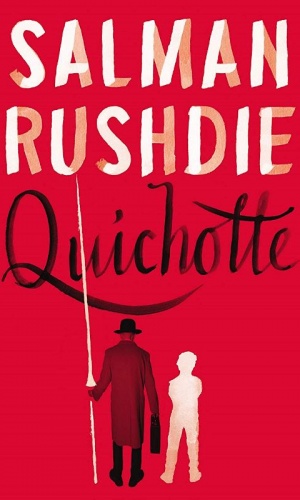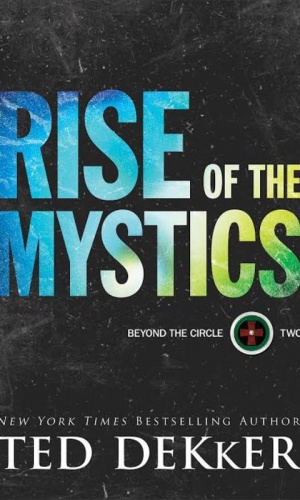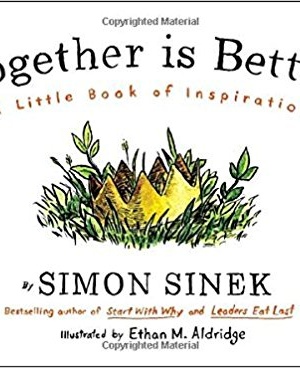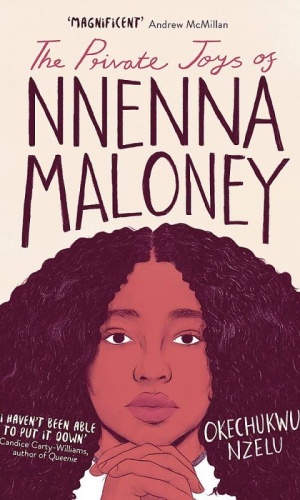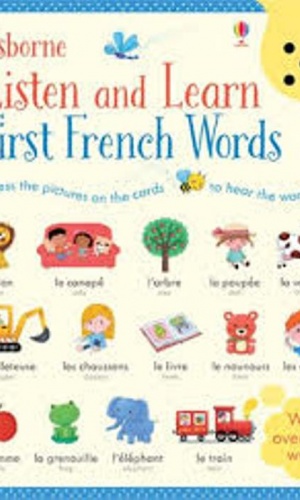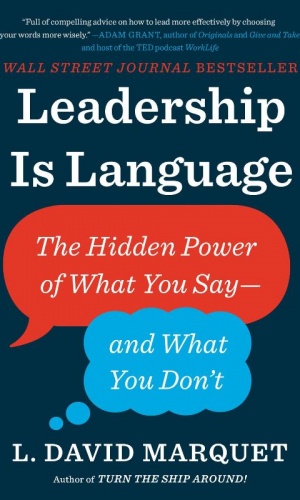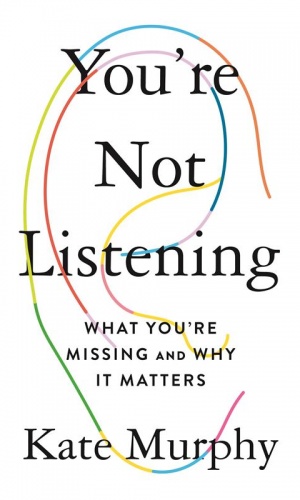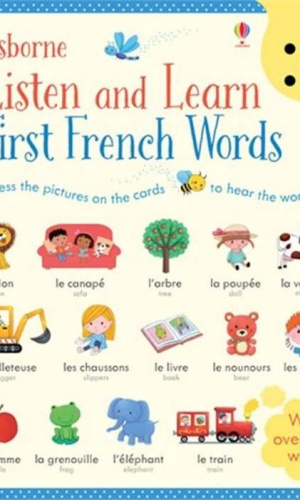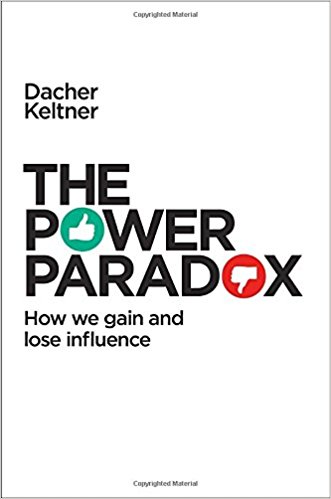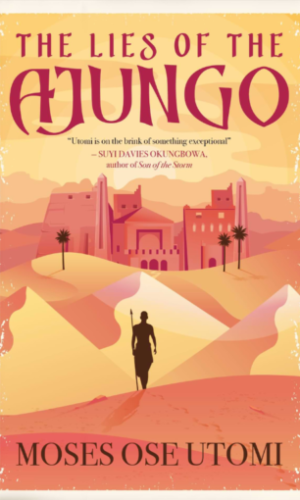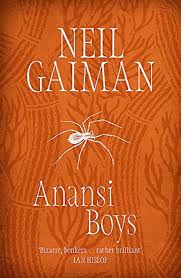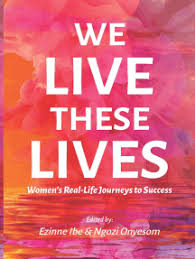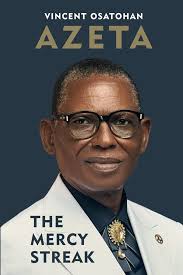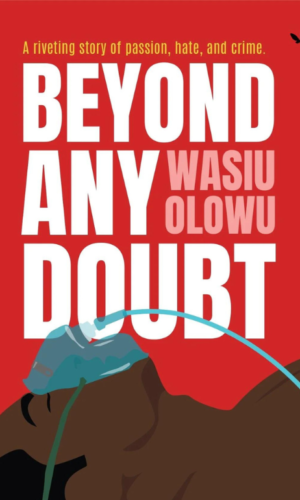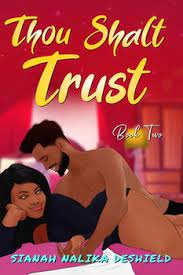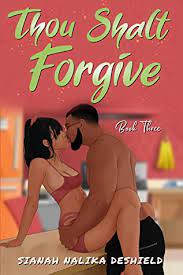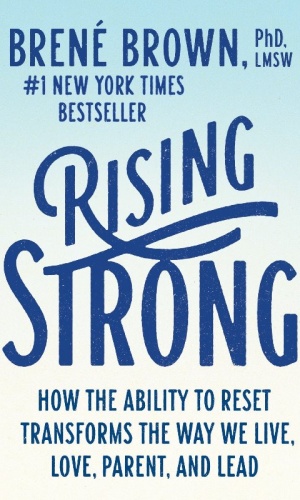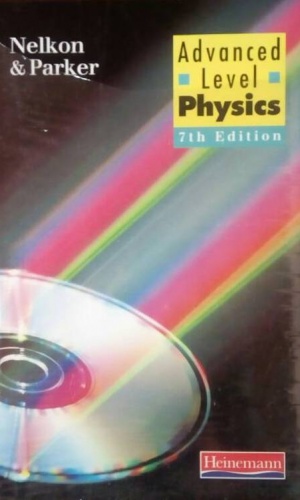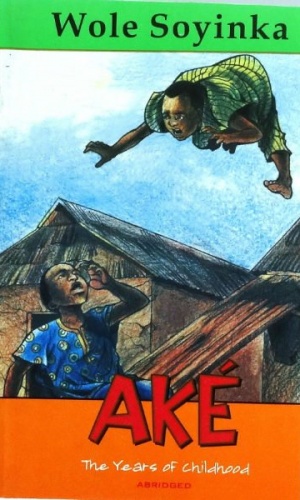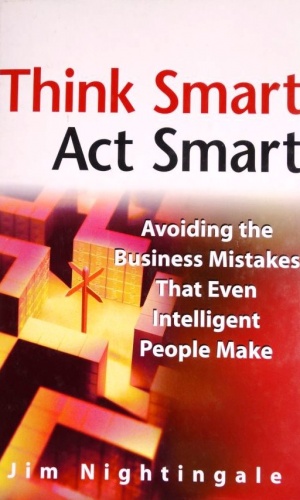-
Death Comes to Pemberley
The world is classic Jane Austen. The mystery is vintage P.D. James.
The year is 1803, and Fitzwilliam Darcy and Elizabeth Bennet have been married for six years. There are now two handsome and healthy sons in the nursery, Elizabeth’s beloved sister Jane and her husband Bingley live nearby and the orderly world of Pemberley seems unassailable.
₦5,400 -
Quichotte
Inspired by the Cervantes classic, Sam DuChamp, mediocre writer of spy thrillers, creates Quichotte, a courtly, addled salesman obsessed with television who falls in impossible love with a TV star. Together with his (imaginary) son Sancho, Quichotte sets off on a picaresque quest across America to prove worthy of her hand, gallantly braving the tragicomic perils of an age where “Anything-Can-Happen.” Meanwhile, his creator, in a midlife crisis, has equally urgent challenges of his own.
Just as Cervantes wrote Don Quixote to satirize the culture of his time, Rushdie takes the reader on a wild ride through a country on the verge of moral and spiritual collapse.
₦5,400 -
The 49th Mystic
Some say the great mystery of how one can live in two worlds at once died with Thomas Hunter many years ago. Still others that the gateway to that greater reality was and is only the stuff of dreams.
They are wrong. In the small town of Eden, Utah, a blind girl named Rachelle Matthews is about to find out just how wrong.
When a procedure meant to restore Rachelle’s sight goes awry, she begins to dream of another world so real that she wonders if Earth might only be a dream experienced when she falls asleep in that reality. Who is a simple blind girl to have such strange and fantastic dreams?
She’s the prophesied one who must find and recover five ancient seals–in both worlds–before powerful enemies destroy her. If Rachelle succeeds in her quest, peace will reign. If she fails, both worlds will forever be locked in darkness.
₦5,400 -
Rise of the Mystics
Some say the great mystery of how one can live in two worlds at once died with Thomas Hunter many years ago. Still others that the gateway to that greater reality was and is only the stuff of dreams. They are all wrong.
Rachelle Matthews, who grew up in the small town of Eden, Utah, discovered just how wrong when she dreamed and awoke in another world. There she learned that she was the 49th Mystic, the prophesied one, tasked with finding five ancient seals before powerful enemies destroy her. If Rachelle succeeds in her quest, peace will reign. If she fails, the world will forever be locked in darkness.
₦5,400 -
Together Is Beter
Sometimes our choices work out for the better?and sometimes they don?t. But there is one choice, regardless of every other decision, that profoundly affects how we feel about our journey: Do we go alone or do we go together?
It is the courageous few who ask for help. It is the giving few willing to help others. We can all find the courage we need and know the joy of service ? the minute we learn that together is better.
₦5,400 -
Cushions, Curtains and Blinds Step by Step
Want to take on some home-furnishing projects this New Year but don’t know where to begin?
No worries, we’ve got you covered!
DK brings you a practical project book jam-packed with pretty patterns, cushion covers, bedding, blinds and more! Encompassing top tips and tricks, this one-stop guide will walk you through basic techniques, from making bedding to bolstering cushions.₦5,300 -
The Private Joys of Nnenna Maloney
As Nnenna approaches womanhood she longs to connect with her Igbo-Nigerian culture. Her once close and tender relationship with her mother becomes strained as Nnenna begins to ask probing questions about her estranged father, who her mother who refuses to discuss.
₦5,300 -
Listen and Learn First French Words
This looks like a book but it’s actually a clever sound panel that allows children to hear 128 French words spoken by a native speaker. Simply take one of the 4 cards (each features 16 words and pictures on each side)
₦5,300 -
Leadership Is Language
Your words matter more than you think
Most of us use the language we inherited from a time when workers worked with their hands and managers worked with their heads. Today, your people do much more than simply follow orders. They contribute to performance and solve problems, and it’s time we updated our language to reflect that.
In Leadership Is Language, former US Navy captain L. David Marquet offers a radical playbook to empower your people and put your team on a path to continuous improvement. The framework will help you achieve the right balance between deliberation and action, and take bold risks without endangering your mission. Among other things, you’ll learn:
· How to avoid the seven common sins of questioning, from binary questions (should we do A or B?) to self-affirming questions (B is the better option, right?)
· Why you should vote first, then discuss, when deciding on a plan with your team, rather than voting after discussion
· Why it’s better to give your people information instead of instructions
₦5,300 -
You’re Not Listening
When was the last time you listened to someone, or someone really listened to you?
“If you’re like most people, you don’t listen as often or as well as you’d like. There’s no one better qualified than a talented journalist to introduce you to the right mindset and skillset―and this book does it with science and humor.”
-Adam Grant, #1 New York Times bestselling author of Originals and Give and Take“An essential book for our times.”
-Lori Gottlieb, New York Times bestselling author of Maybe You Should Talk to SomeoneAt work, we’re taught to lead the conversation.
On social media, we shape our personal narratives.
At parties, we talk over one another. So do our politicians.
We’re not listening.
And no one is listening to us.Despite living in a world where technology allows constant digital communication and opportunities to connect, it seems no one is really listening or even knows how. And it’s making us lonelier, more isolated, and less tolerant than ever before. A listener by trade, New York Times contributor Kate Murphy wanted to know how we got here.
In this always illuminating and often humorous deep dive, Murphy explains why we’re not listening, what it’s doing to us, and how we can reverse the trend. She makes accessible the psychology, neuroscience, and sociology of listening while also introducing us to some of the best listeners out there (including a CIA agent, focus group moderator, bartender, radio producer, and top furniture salesman). Equal parts cultural observation, scientific exploration, and rousing call to action that’s full of practical advice, You’re Not Listening is to listening what Susan Cain’s Quiet was to introversion. It’s time to stop talking and start listening.
₦5,300 -
-
The power paradox
Power is ubiquitous?but totally misunderstood. Turning conventional wisdom on its head, Dr. Dacher Keltner presents the very idea of power in a whole new light, demonstrating not just how it is a force for good in the world, but how?via compassion and selflessness?it is attainable for each and every one of us.
₦5,300 -
THE LIES OF THE AJUNGO
In the City of Lies, they cut out your tongue when you turn thirteen, to appease the terrifying Ajungo Empire and make sure it continues sending water. Tutu will be thirteen in three days, but his parched mother won’t last that long. So Tutu goes to his oba and makes a deal: she provides water for his mother, and in exchange, he will travel out into the desert and bring back water for the city. Thus begins Tutu’s quest for the salvation of his mother, his city, and himself.
₦5,200 -
-
-
Rising Strong
Social scientist Brené Brown has ignited a global conversation on courage, vulnerability, shame, and worthiness. Her pioneering work uncovered a profound truth: Vulnerability—the willingness to show up and be seen with no guarantee of outcome—is the only path to more love, belonging, creativity, and joy. But living a brave life is not always easy: We are, inevitably, going to stumble and fall.
It is the rise from falling that Brown takes as her subject in Rising Strong. As a grounded theory researcher, Brown has listened as a range of people—from leaders in Fortune 500 companies and the military to artists, couples in long-term relationships, teachers, and parents—shared their stories of being brave, falling, and getting back up. She asked herself, What do these people with strong and loving relationships, leaders nurturing creativity, artists pushing innovation, and clergy walking with people through faith and mystery have in common? The answer was clear: They recognize the power of emotion and they’re not afraid to lean in to discomfort.
₦5,200 -
-
Think smart Act smart
Avoiding the Business Mistakes That Even Intelligent People Make
“Increased productivity and optimizing efficiencies…start with this book. Think Smart–Act Smart is a must-read for anyone concerned with the optimal operation of any organization…and all management personnel.”₦5,160


